Last Updated on August 5, 2021

Nearly 30 years after the visually-impressive TRON hit theaters and
audiences are finally getting a sequel. Of course, a lot of things
have changed in the interim, and neither audiences nor the original
creators could have guessed just how TRON would grow up and what new
issues it’d take on when it hits theaters this December 17th.
To learn more about the changes TRON underwent with its upgrade to the
21st century, we sat down with the original screenwriter and director
of TRON, Steven Lisberger. From costume changes to philosophical
shifts in the wake of today’s new tech, TRON: Legacy is certainly not
your dad’s TRON but Lisberger feels it’s every bit as good.
Steven Lisberger
This is the germ of an idea that’s been around for 20-some-odd years, and it’s finally coming to fruition but the atmosphere today is entirely different with how people now think about computers, was it weird for you jumping back into the franchise?
Well, it is – I have no one to blame but myself, if you think about because I said – I thought this was going to be happening that we were all going to become part of this cyber-reality but I didn’t – I would have to say that it’s even surprised me how intense it is. It’s – people have this desire to be constantly linked to each other, using the technology to the max. They’re relentless in their hunger to make it fulfill their wants and as long as we keep treating each other like people and don’t start treating each other like information or programs, I think things will work out but when it comes then to the point where people are just nothing more than more information to other people, that’s when it’s – and I get a sense that unfortunately in some areas, that’s happening. That you worry that someone wishes it’s not just your email they want to delete, they want to delete you. It’s like, “Why can’t I just press delete? Why can’t I just copy this? Why can’t I –?” We’re being affected by how powerful our cyber-abilities are and now we’re saying, “Well, the rest of life should be like that!”
Do you think that the themes you were addressing in TRON are being expanded upon in TRON: Legacy in the same way?
I do, I do. I think that the MCP was one kind of technological threat; that he was going to cut us off from what we had a right to be able to do in cyber-space and I think that CLU as this new malevolent force is this sense that he – that this technology is relentless in how efficient it wants us to be when we interact with it. Don’t you get tired of feeling like the computer doesn’t want your mistakes? “Why did you search for that when you meant to search for this dot-dot-dot dummy?” And so there’s this feeling that we created this taskmasker who now is making demands and if we complain that taskmasker can basically say, “Hey, you gave me this job. You wanted me to do all this for you so don’t complain, just buckle under and get more efficient and more perfect.” And when everybody is constantly on – available and everyone is constantly working whichever digital device, aren’t we saying, “I’m trying to be as efficient as I can. I’m really trying to keep up. I’m trying to max all of this”? And I’m not sure, you know. I get nervous when I see kids in strollers that want to be talking to their mom or dad and their mom or dad is always on the cellphone and it’s like they must be talking to CLU. And then there’s also this sense of we’re doing all of this and it’s so great and Steve Jobs holds up a different must-have all the time and you – and we start to get into this routine where it’s a little bit like, “I may not have the time to spend with you son or daughter, but I will get you that new phone.” And so it becomes like, “I’m giving you the best there is.” But basically you wonder whether – I mean, it’s a cliché – whether the kid would just want more fact-time with the parent.

Now does that play into the representation of the relationship between the younger Flynn and the older Flynn? Because this movie is definitely a more personal take on TRON.
I think that the older Flynn is completely overcome by his creation. One of the reasons he hasn’t been there for his son is because he can’t – he has no life anymore due to his creation. CLU has really turned Flynn’s life inside out.
Are you seeing TRON: Legacy as a broader metaphor?
Oh yeah, very much so. One of the things that’s amazing about it for me is how so many of the themes from the first film have been reused but they’re different; how they’re used is different from how I used them but they’re still the same themes. You get the theme that in the first film that the programs looked up to the users and thought of us as being all-powerful when Flynn says, “I hate to tell you this, but we’re not.” And that’s a little bit like the relationship we have with our kids. They look up at you and they think, “You’re my dad or you’re my mom, you can do anything.” And then they have to start to learn, “No actually, I can’t. But I’m still, as your parent, trying to live up to, as much as possible, to what I can be for you.” So that’s part of the movie, this young Kevin Flynn – Sam Flynn, his father is only a legend to him but he doesn’t need a legend, he needs a dad and he needs a man, and the film’s about pushing past the legend and connecting with the father. And then the father, he knows he has a son but it’s been so long since they’ve interacted it’s not about just a son. He has to accept his son now as a man: separate and apart from being a son. So it’s good stuff.
When you first got wind of the sequel, were you ever afraid that Disney wouldn’t honor the themes from the original film?
Of course one worries about that but Sean and Joe, and the whole team, has really tried to be, in their way, as true to the original as they possibly can. It’s a different time, they’re a different generation; it would be egotistical of me to think they should make a film exactly the way I want it or I would have made it. That’s not the point. The point is that it’s time for them to express their relationship with modern life in their own way, using the TRON arena and that’s more important. And I think they’ve done it and they haven’t done anything, I think, counter to the original film, so I feel really good about it.

Where were your influences and hand in the sequel? Where did you definitely step in with suggestions?
How do I put it? I tried to make suggestions. I just tried to open up the arena of possibilities and say, “If you’re going down that road, you might want to consider this or this. And I think that might go with – add a different aspect to what you’re exploring here.” And then very often I find that I’ve sort of – it’s not [that] they take it literally. They like my intent sometimes more than they like my specific. So they say, “Oh, I think I know what you’re trying to get at here but I think I can come up with a better way. I like what you’re trying to get at but I don’t like your suggestion of how to get there.” So that’s the process and I think that’s totally valid.
How do you feel as the original writer and director seeing the new TRON with it’s different colors, tone, etc.?
I think that one of the things that’s so amazing is that yes, the colors are different, yes, the costumes are different, yes the music is different, but you still know it’s TRON. Joe has a good handle on trying to get to the underlying aesthetic and that I find very compelling that in spite of being different – it’s like it’s grown up but you still recognize the young person it was before. I think that’s a good analogy but, yeah, it’s so interesting that in spite of all the years going by, there really still is this definitive TRON look and feel that no one else really did it, no one else really went there after all this time and it’s still there for us to take advantage of. I don’t know why that is.
How does it feel to see the way TRON has grown into today’s culture, between hoodies and references on TV shows?
I think I would like to see it become one of the myths of our age and one that was specific to our time. It’s not just Middle Earth or another planet in space, it’s actually an arena that only exists because we made it possible. It’s not an enchanted forest, it’s an electronic world of light and information that only exists because we made it exist. That’s the part that I find really fascinating; that you can live in your own creation. It’s sort of what we’re doing, isn’t it? We’re spending more time living in there and working in there. For a long time there was this sense that we can do anything in there and we don’t even need to have any manners, or decency, or understanding of other people and now we’re realizing that hey, we’re asking our kids to spend a lot of their lives in the future in cyberspace so what we put in there actually matters.


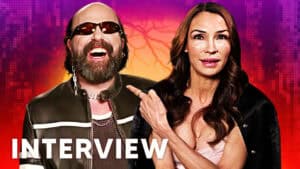



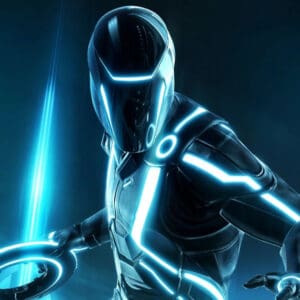
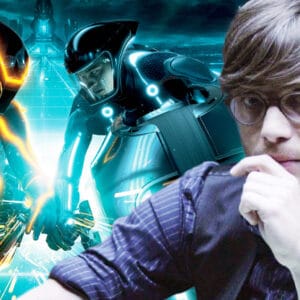
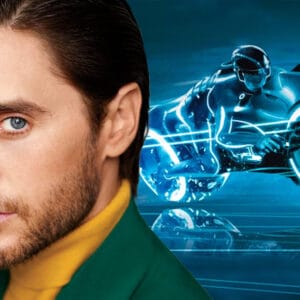
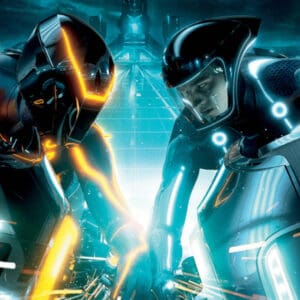
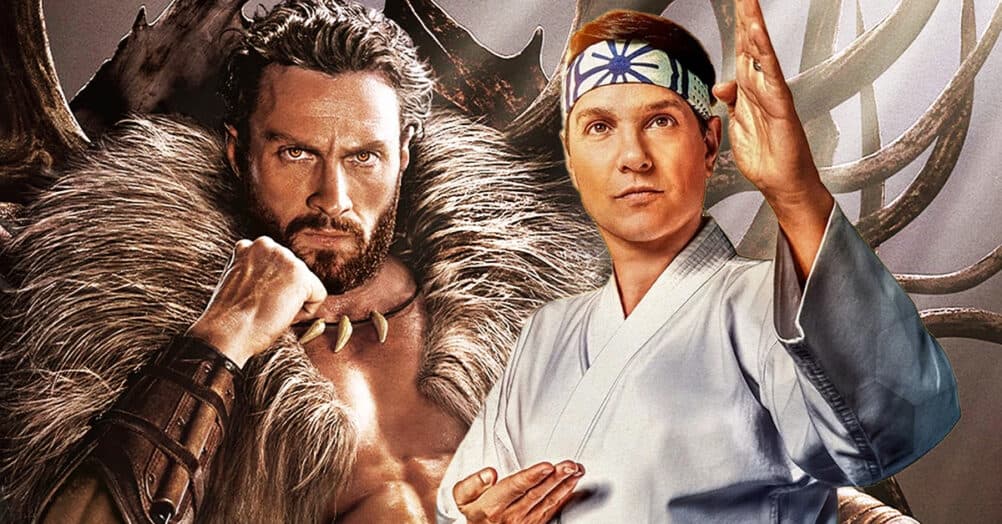
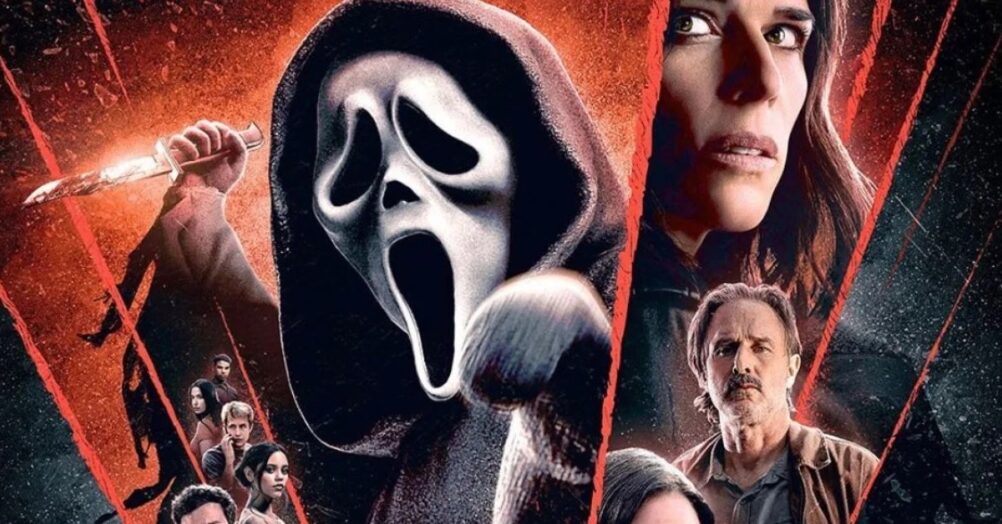
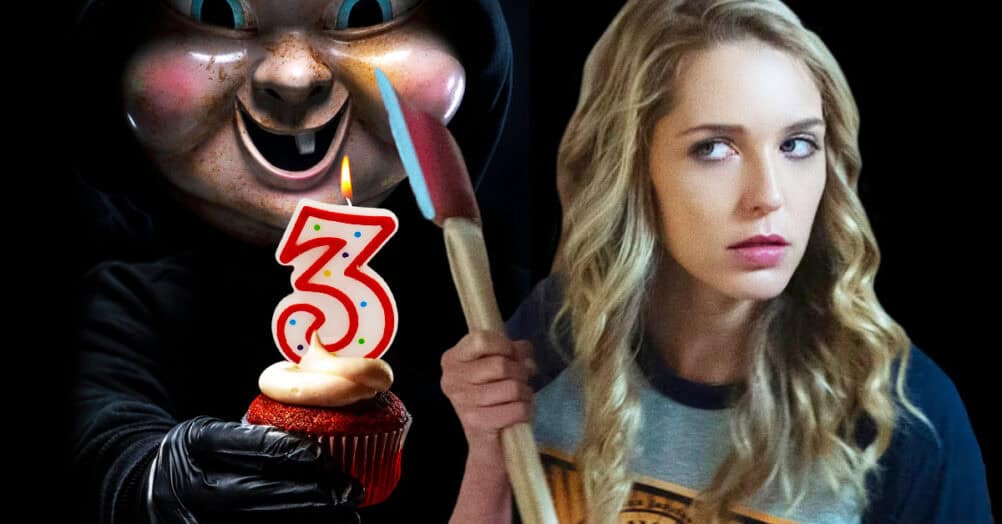
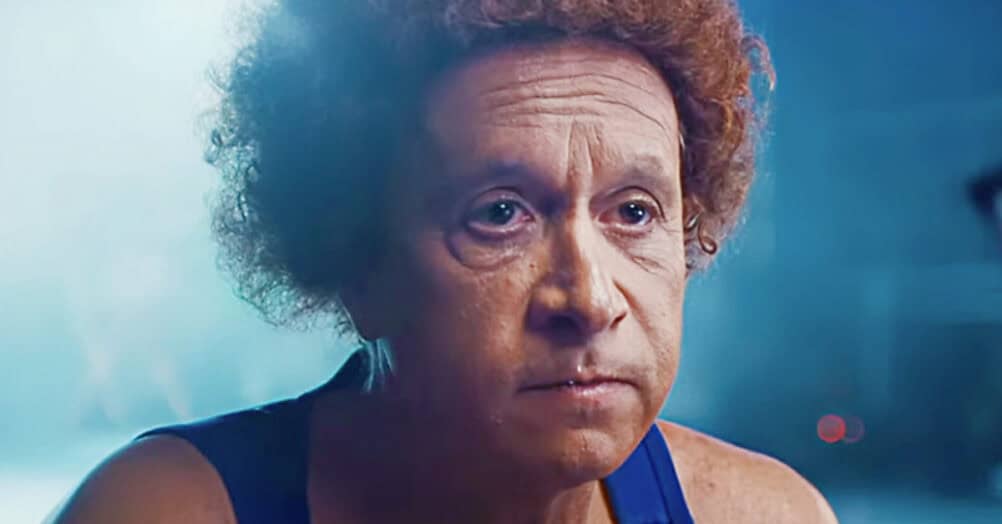
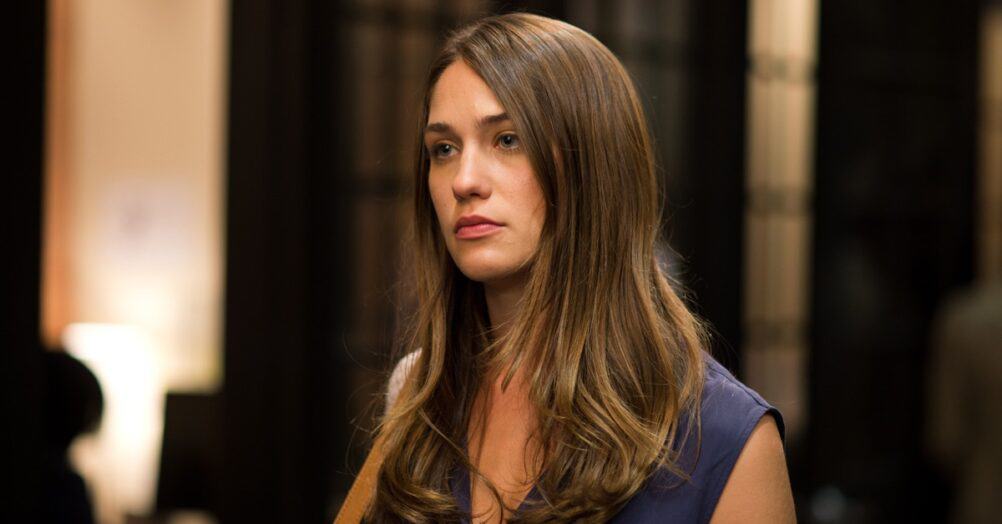
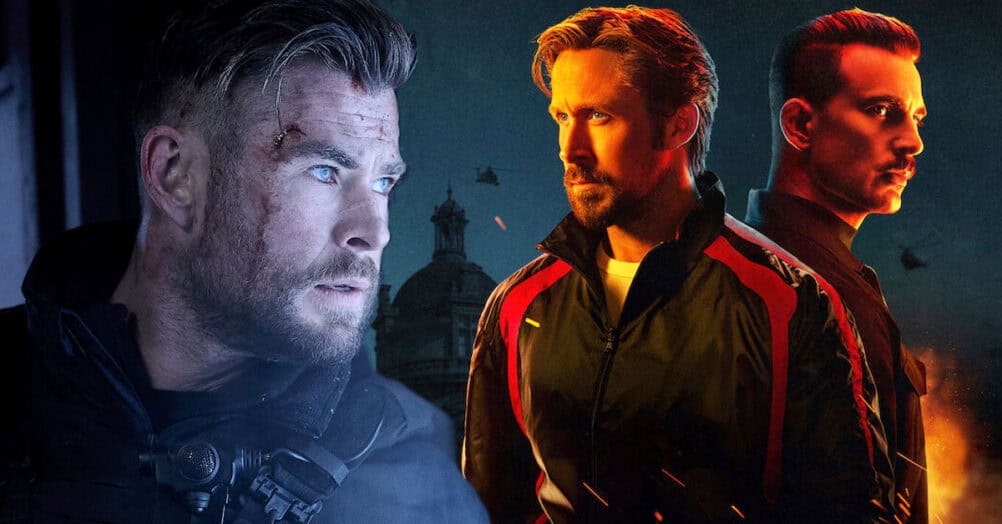
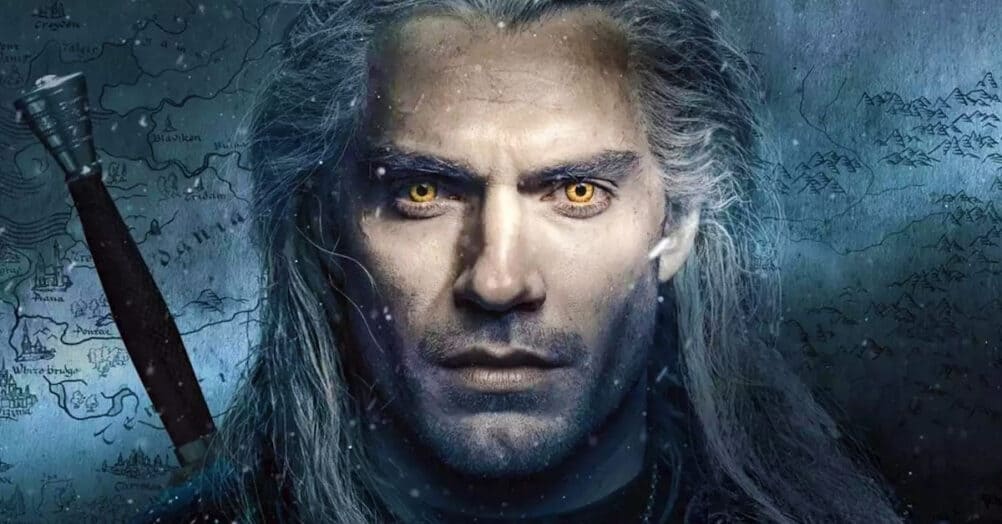
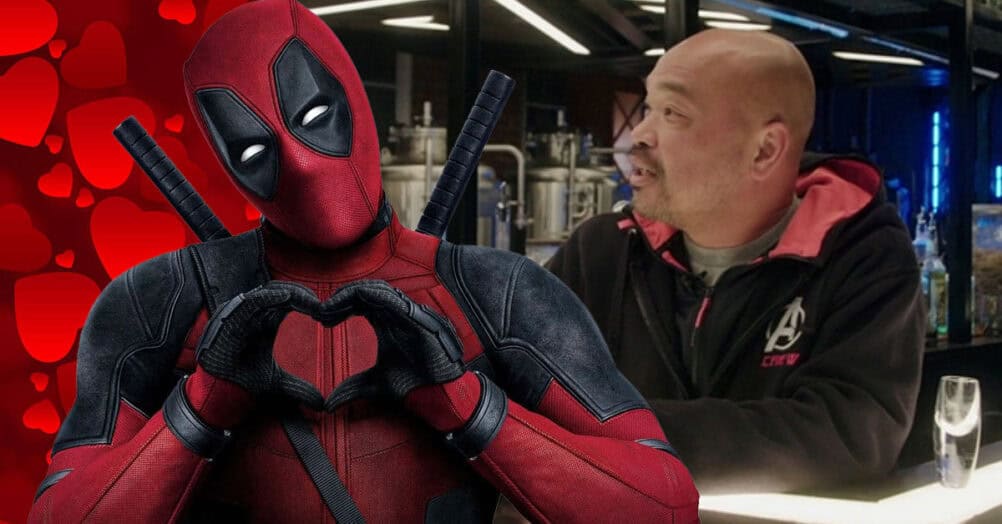
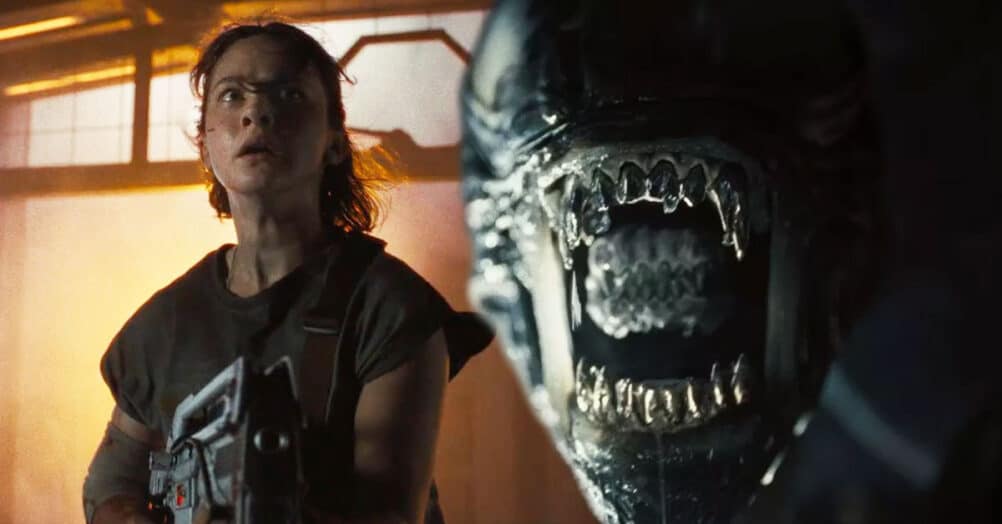
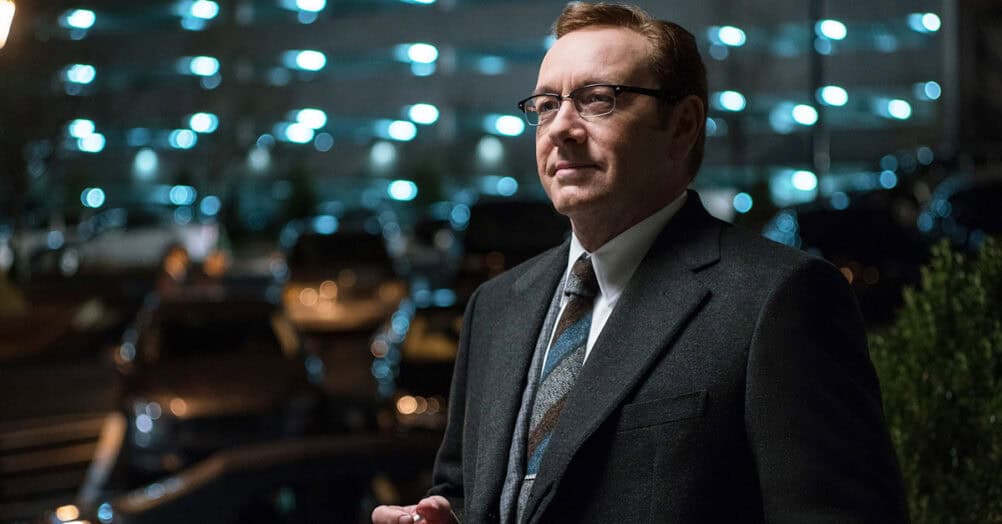
Follow the JOBLO MOVIE NETWORK
Follow us on YOUTUBE
Follow ARROW IN THE HEAD
Follow AITH on YOUTUBE